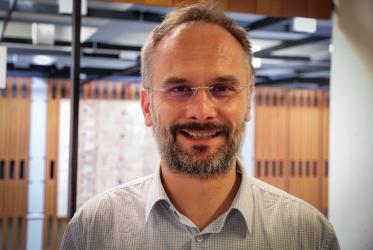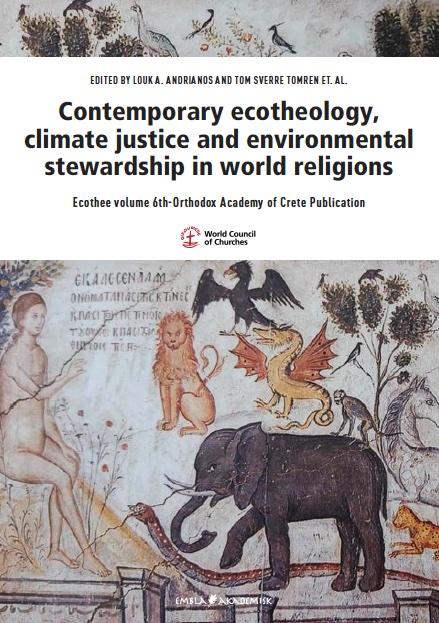Displaying 1 - 20 of 27
What can churches do to prevent modern slavery?
22 February 2024
Ellyanne Chlystun-Githae Wanjiku to COP28: “listen more to children”
13 December 2023
HIV and AIDS Civil Society Networks and the Faith Sector
Lessons Learnt from Strategic Engagement in India, Dominican Republic, Indonesia, and Jamaica
31 January 2023
Contemporary Ecotheology, Climate Justice and Environmental Stewardship in World Religions
Ecothee Volume 6th-Orthodox Academy of Crete Publication
19 December 2021
ZacTax Toolkit
24 November 2021


















